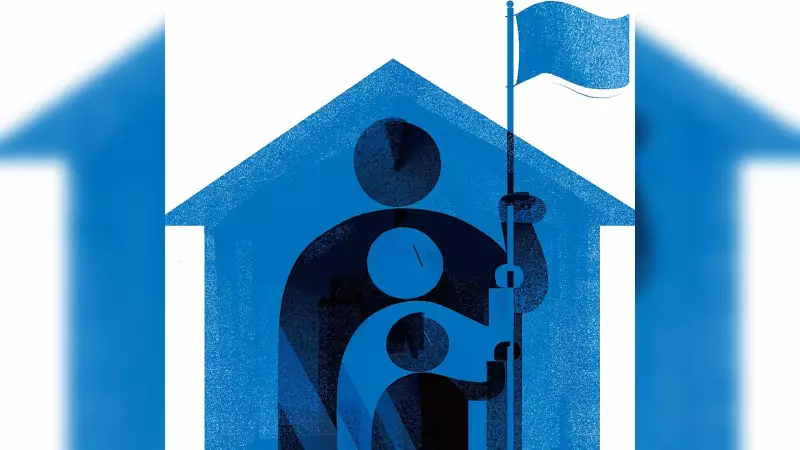
In the complex tapestry of Indian politics, a fundamental distinction emerges between the Bharatiya Janata Party and traditional political entities dominated by family lineages. While many opposition parties operate as family-controlled enterprises, the BJP has cultivated a different organizational ethos altogether.
The Dynasty Dilemma in Indian Politics
Multiple regional and national parties across India's political landscape have become synonymous with specific families. From the Congress party's Gandhi-Nehru lineage to regional powerhouses like Samajwadi Party, DMK, and Shiv Sena, leadership often passes through bloodlines rather than organizational processes.
This dynastic model creates several structural challenges:
- Limited opportunities for grassroots workers to ascend to leadership positions
- Concentration of decision-making power within family circles
- Reduced internal democracy and merit-based advancement
- Vulnerability to succession crises and internal conflicts
The BJP's Organizational Distinctiveness
Unlike its political counterparts, the BJP has developed a sophisticated organizational machinery that prioritizes ideological commitment and demonstrated capability over familial connections. The party's leadership pipeline operates through a systematic process of political grooming.
Prime Minister Narendra Modi's own political journey exemplifies this model. Rising through the ranks of the RSS and BJP organization, his ascent reflects a merit-based pathway that would be uncommon in dynastic parties.
Grassroots Nurturing vs. Hereditary Entitlement
The BJP invests significantly in identifying and developing talent at multiple organizational levels. From student politics through ABVP to various party wings, potential leaders receive opportunities to demonstrate their capabilities and commitment.
This creates a crucial distinction: while dynastic parties often anoint leaders, the BJP's system allows leaders to emerge through demonstrated performance and organizational support.
The Structural Implications
This fundamental difference in organizational philosophy creates contrasting political dynamics. Dynastic parties often struggle with internal democracy and succession planning, while the BJP's model, though not without its challenges, offers more predictable leadership transitions.
The system also creates stronger ideological coherence, as leaders typically emerge after years of organizational immersion and demonstrated commitment to party principles.
Changing India's Political Culture
The BJP's approach represents a significant departure from established political norms in India. By prioritizing organizational merit over hereditary claims, the party has challenged the very structure of political leadership formation in the country.
This model has not only strengthened the BJP's internal organization but has also forced other parties to reconsider their own leadership selection processes in response to changing voter expectations.






